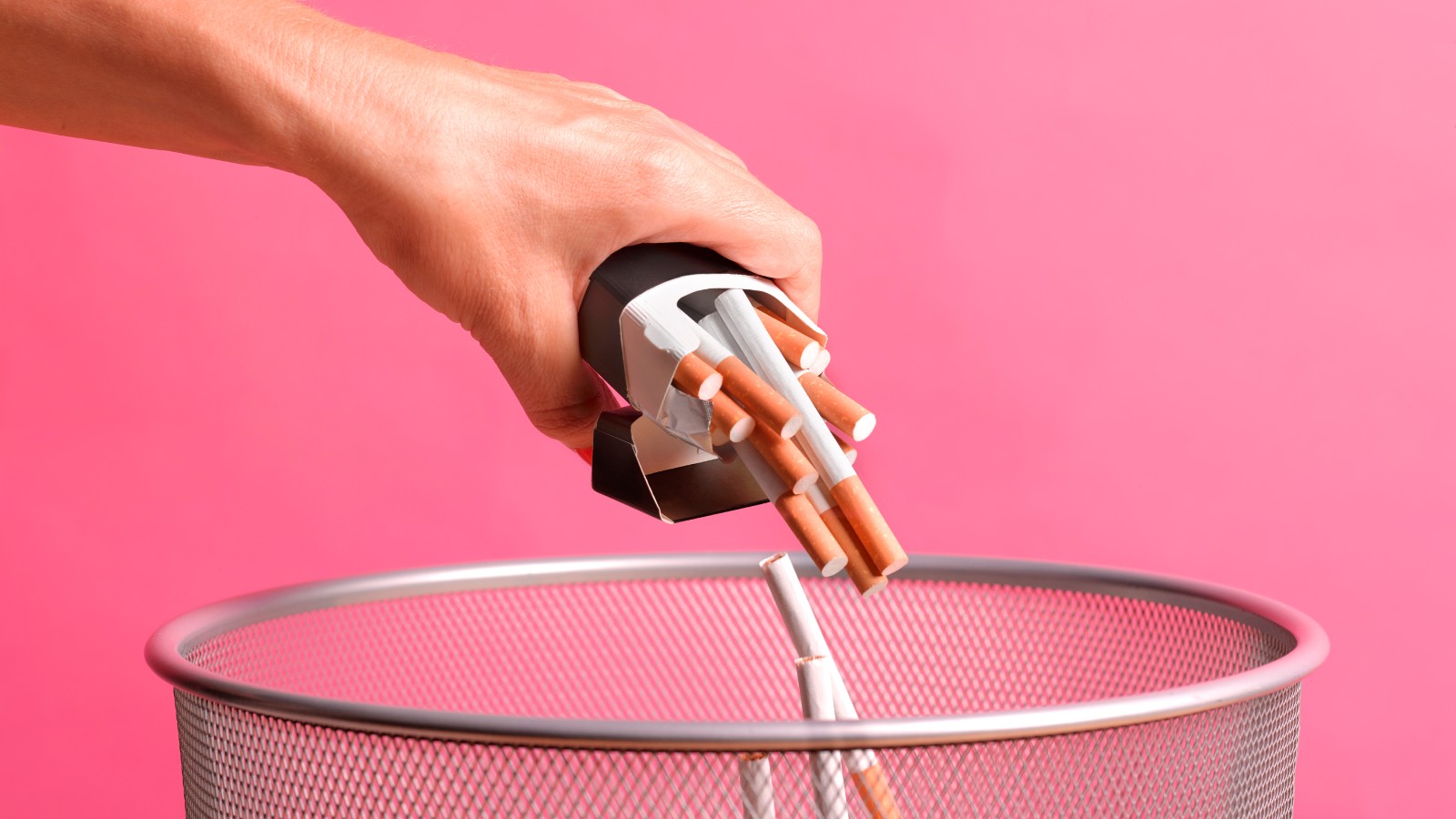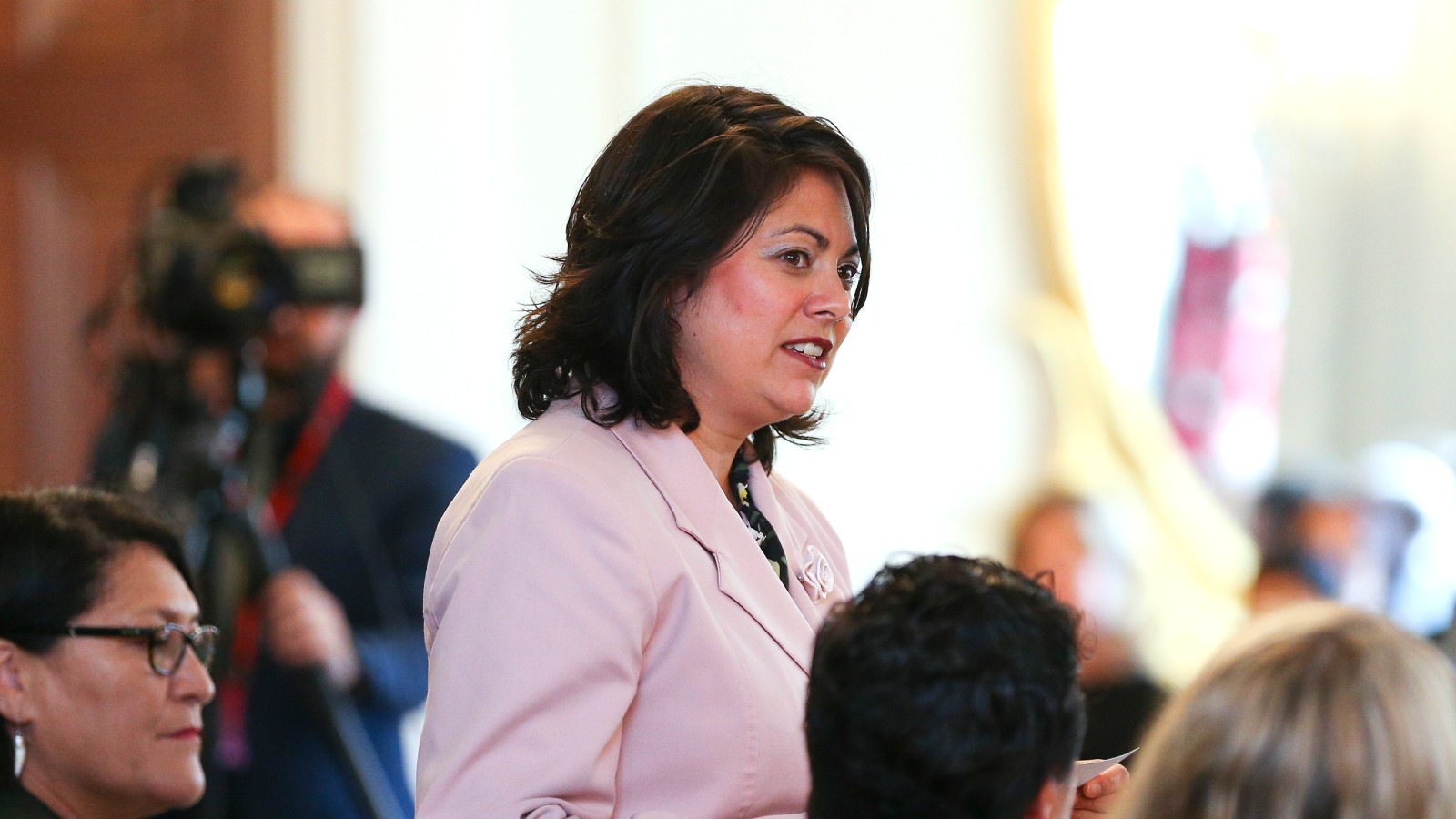New Zealand announces plans to become the world’s first smoke-free country
New Zealand aims to make cigarette smoking illegal for anybody born after 2004


New Zealand is on its way to becoming the world’s first smoke-free country.
Its government has proposed a radical road map to stub out cigarette use, which includes a ban on tobacco sales to anybody born after 2004. The new law would essentially make lighting up illegal for future generations, accelerating the country's movement towards its goal of becoming smoke-free by 2025.
A number of other potential measures include restricting the amount of nicotine in tobacco products and prohibiting filters, which have now been linked to an increased risk of lung cancer.
New Zealand also hopes to reduce smoking rates by making cigarettes less accessible. Minimum pricing has been suggested as an effective deterrent, with tax jumps correlating with lower cigarette sales in recent years. Its action plan also recommends that tobacco products only be sold at specific locations, such as adult novelty stores and pharmacies.
Read more from woman&home:
• Best yoga mats for stretching, meditation, beginner and advanced workouts
• Best fitness trackers to help you monitor activity, sleep and health metrics
• Best bras to support, lift and shape your bust

Associate health minister, Dr Ayesha Verrall, has urged drastic action to combat New Zealand's smoking rates
The radical proposals are in response to growing concerns over New Zealand's annual statistics for smoking-related fatalities.
“We need a new approach,” explained associate health minister Dr Ayesha Verrall. “About 4,500 New Zealanders die every year from tobacco, and we need to make accelerated progress to be able to reach that goal [of Smokefree 2025]. Business-as-usual without a tobacco control program won’t get us there.”
Sign up to our free daily email for the latest royal and entertainment news, interesting opinion, expert advice on styling and beauty trends, and no-nonsense guides to the health and wellness questions you want answered.
These restrictions will coincide with increased investment in smoking support services. While this funding will hopefully benefit society overall, it is particularly aimed at Māori women, who have the country's highest smoking rates. About 30% of the indigenous community's female population smoke daily, with as many as 61% of the 15-24 age category regularly using tobacco products.
Not everyone is happy about the proposals to combat New Zealand’s smoking problem. The action plan has been met with resistance by some skeptics, who fear the strict measures will simply create a larger black market for tobacco. Others have criticized the level of control the government is enforcing over its citizens.
"There’s a philosophical principle about adults being able to make decisions for themselves, within reason," wrote Alex Braee in an article for Spinoff.
New Zealanders are welcome to submit feedback on the Smokefree Aotearoa 2025 Action Plan online until 31st May.

Hailing from the lovely city of Dublin, Emma mainly covers the Royal Family and the entertainment world, as well as the occasional health and wellness feature. Always up for a good conversation, she has a passion for interviewing everyone from A-list celebrities to the local GP - or just about anyone who will chat to her, really.
Emma holds an MA in International Journalism from City, University of London, and a BA in English Literature from Trinity College Dublin.